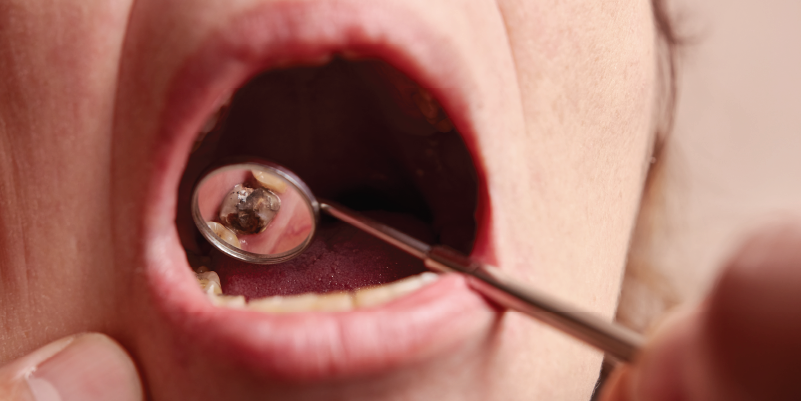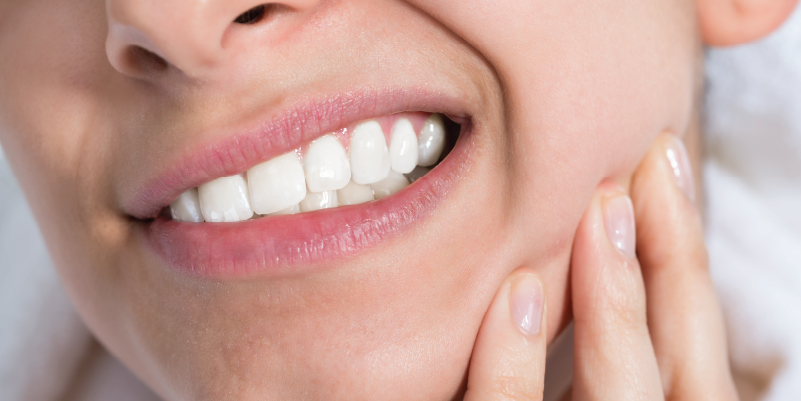Dental health is an important aspect of overall well-being, and caring for our teeth and gums is crucial to maintaining a healthy smile. While regular dental check-ups and preventive care are essential, sometimes unforeseen situations arise, leading to dental emergencies. Understanding what is considered a dental emergency and knowing how to respond promptly can make a significant difference in preserving your oral health. In this blog, we will explore what constitutes a dental emergency and the appropriate actions to take when faced with such situations.
What is a Dental Emergency?
A dental emergency is any sudden and unforeseen oral health issue that requires immediate attention and intervention from a dental professional. These emergencies often involve severe pain and discomfort, bleeding, or potential damage to the teeth, gums, or surrounding tissues. It’s important to differentiate dental emergencies from non-urgent dental issues that may not require immediate care but still necessitate attention from a dentist.
Common Dental Emergencies
Severe Toothache
Intense and persistent tooth pain can indicate an infection or abscess, requiring immediate evaluation and treatment to prevent further complications.
Knocked-out Tooth
Accidents or injuries can result in a tooth being completely dislodged from its socket. Quick action and proper tooth handling can improve the chances of successful re-implantation.
Fractured or Chipped Tooth
A broken tooth can expose sensitive nerves, leading to pain and discomfort. Timely treatment can help prevent infection and preserve the tooth’s integrity.

Lost Filling or Crown
Losing a filling or crown can leave the affected tooth vulnerable to damage and sensitivity. Seeking prompt dental care can prevent further complications.
Abscessed Tooth
An abscess is a painful infection around the tooth root or gums. Left untreated, it can spread to other body parts and pose severe health risks.
Persistent Gum Bleeding or Injury
Significant gum bleeding or injuries should not be ignored, as they may indicate serious underlying issues that require professional assessment.

Preventing Dental Emergencies
Preventing emergencies is always more cost-effective and less stressful than handling them after the fact. Follow these steps to reduce the risk of needing an emergency dental procedure:
Maintain Excellent Oral Hygiene
Brush your teeth twice daily, floss regularly, and use mouthwash to keep your mouth clean and healthy.
Attend Regular Dental Check-ups
Regular visits to your dentist can help detect and address potential issues before they become emergencies.
Wear Protective Gear
If you participate in contact sports or activities with a risk of dental injuries, wear a mouthguard or helmet with a face shield.
Avoid Sugar
Limit sugary foods and drinks that can contribute to tooth decay and gum problems.
Avoid Harmful Habits
Refrain from habits like teeth grinding, nail-biting, and using your teeth to open packages, which can lead to dental issues.
Understanding the Severity of Dental Issues
Immediate Dental Emergencies
These require immediate attention, as delaying emergency dental treatments could be potentially life-threatening. Dental emergencies, including severe pain, knocked-out teeth, and abscesses, should not be ignored.
Urgent Dental Problems
While not immediately life-threatening, urgent dental issues still demand prompt care to prevent worsening conditions. Examples include chipped teeth and lost fillings or crowns.

Non-Urgent Dental Issues
These are problems that, while concerning, could wait for regular office hours for treatment. Examples include minor toothaches and cosmetic concerns.
How Our Emergency Room Staff Can Assist in Dental Emergencies
In a dental emergency, emergency room staff play a vital role in providing immediate relief and care. Equipped with the expertise to handle various dental crises, they adeptly stabilize patients, control bleeding, and administer treatment for dental fractures. Whether it’s a severe bacterial infection or a painful dental issue, they are ready to intervene, offering much-needed antibiotics and making necessary arrangements for hospital transfer if the situation demands.
Beyond that, their proficiency extends to treating broken, dislodged, or fractured teeth, providing relief from excruciating pain, and ensuring patients receive the essential care required during a dental emergency. Their unwavering commitment and prompt response offer reassurance and comfort to individuals in distress, underscoring the crucial role of the ER in dental emergencies.
Your Neighbor in Dental Emergencies
Being prepared and informed about dental emergencies is crucial for safeguarding your oral health and well-being. We hope this blog has provided you with the knowledge on what is considered a dental emergency, understanding their urgency, and knowing how to respond effectively. Remember that while Neighbors ER is dedicated to providing exceptional emergency medical care, including assistance in treating pain and infection resulting from dental emergencies, we do not have a dentist on-site at any location.
This means that while we can help alleviate discomfort and address immediate concerns, we cannot perform root canals or other complex dental procedures. To read more about how we can assist, please visit our website.

